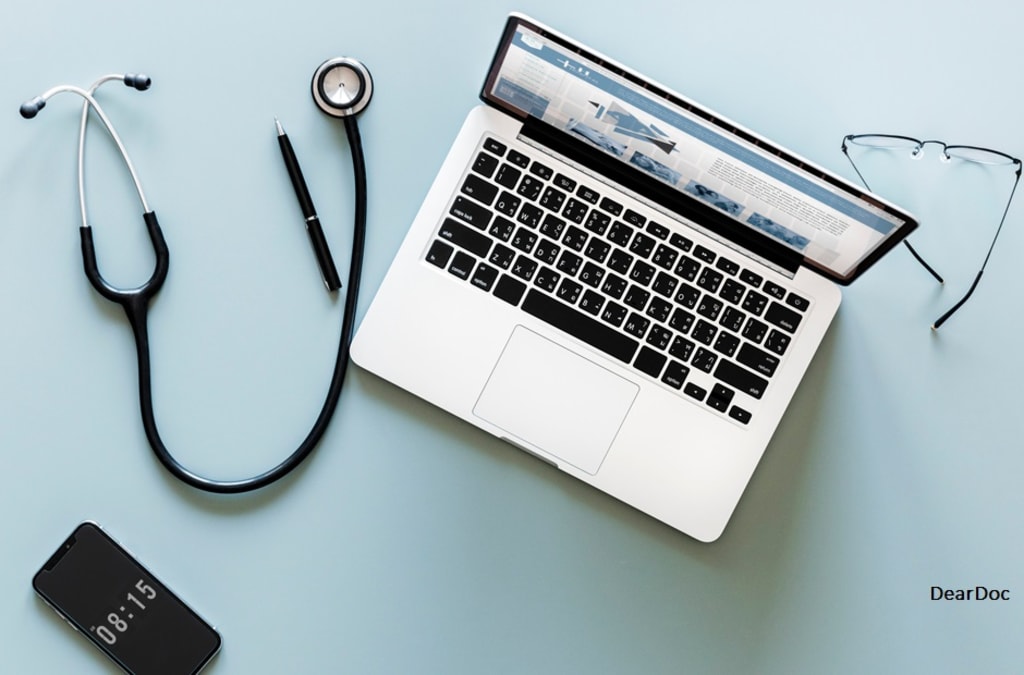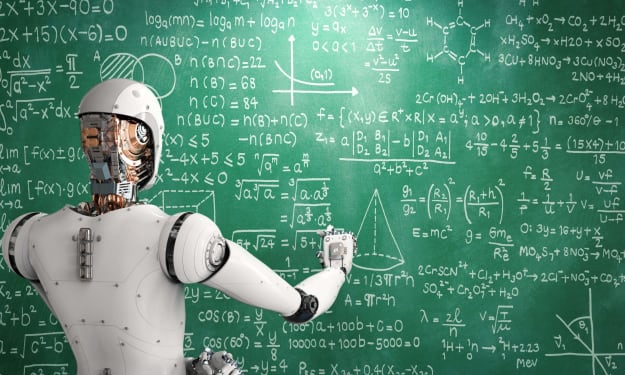DearDoc Explains How Can Specialists Use Technology
How Can Specialists Use Technology

As per DearDoc, AI has succeeded where a group of gifted human specialists didn't. A lady with an uncommon sort of leukemia was effectively analyzed by the AI. As per DearDoc, considerably more noteworthy, it took only ten minutes to contrast the lady's hereditary data and 20 million clinical oncology studies to show up at the life-saving determination.
Does this mean robots will supplant our PCPs? Not exactly, yet expanding volumes of clinical information, all the more remarkable PCs and more astute calculations could see a future clinical science wherein human specialists are helped by AI.
According to DearDoc, information-driven medication takes advantage of the extending data sets of genomic, clinical, imaging (outputs and x-beams), and sub-atomic information. Progressed calculations are given something to do that gain from rehashed patterns of inquiry, and the entirety of this happens on moderate PC equipment. We would now be able to filter through billions of records to discover answers, taking minutes to do what may take a long time for people.
Human Genome Venture
Information driven medication began with the Human Genome Project that expected to plan and see the entirety of the qualities in the human body by gathering DNA from nations everywhere in the world. As per DearDoc, it generated a huge number of branch off tasks with a developing number of exploration foundations around the globe represent considerable authority in DNA sequencing and an examination plan to comprehend the hereditary premise of illness.
In a long time since the Human Genome Project, the registering force and amount of information produced by it have expanded significantly, making the establishment for information-driven medication. For instance, the Wellcome-Sanger Institute creates more arrangements of DNA today in one hour than it did in its initial ten years.
This permits them to chip away at five or six sequencing ventures simultaneously. The Institute makes its outcomes accessible to the global examination network. Its site is accounted for to get 20 million hits every week.
Customized Medication
As per DearDoc, at the opposite finish of the clinical information continuum, we currently have a plenitude of individual-level wellbeing information. Gadgets matched up to cell phones can screen your pulse, distance covered, calories consumed, etc. It resembles having your doctor available to offer you accommodating guidance and alerts when you need it. For instance, your blood glucose might be perilously high. Time for some insulin.
The entirety of this data can be broke down and solidified into your clinical history, which can live safely in The Cloud. It's initial days, yet this is being utilized in certain conditions.
According to Dear Doc, if you wind up needing emergency clinic therapy, your nitty-gritty online clinical records, which may incorporate genome sequencing and other valuable data, could be gotten to by going to a specialist who might probably be utilizing an AI partner on their tablet PC to help their finding. As they do their rounds, talking with their patients, their analytic insight could increment by a few significant degrees through the attentive utilization of their AI aide.
Extraordinary possibilities exist for AI and information drove medication to save lives, improve guidelines of patient consideration, and set aside cash for suppliers, especially emergency clinics and exploration establishments.
Is it unsafe?
The dangers of AI boil down to three expansive issues; programming mistakes, digital assaults, and taking directions too in a real sense. With due industriousness, none of these need be masterpieces.
According to Dear Doc, programming blunders, regularly called bugs, are an avoidable unavoidable truth with ineffectively created programming. They creep because the turn of events and testing measure has not been appropriately performed. Glitches could go from minor to genuine, however, programming has been utilized for a long time in wellbeing basic circumstances like emergency clinics and flying. We would expect no less for clinical AI applications.
Network protection is an all-around financed zone of examination that is doing a for the most part great job of remaining in front of the miscreants. While we should not be careless, there is no rhyme or reason why clinical AI, or any AI, couldn't be securely shielded from assault.
As per DearDoc, taking directions also in a real sense can similarly be overseen by working in shields, as is standard practice for any wellbeing basic framework. It's profoundly impossible a medical clinic would leave an AI responsible for last chance choices, for example, regardless of whether to kill life uphold.
While chances exist, they can be overseen as we have been doing in different spaces of registering for quite a long time. So for what reason do we need specialists by any stretch of the imagination? Medication is a great many people driven calling, so except if a robot could be as compassionate as a human (which is far off), patients just wouldn't represent being treated by a robot specialist.
Assessment in the clinical foundation makes certain to be partitioned regarding whether AI assistants, for example, IBM's Dr. Watson, the clinical variant of IBM's Jeopardy winning super-PC, are something to be thankful for or simply a conspicuous toy.
About the Creator
Philip John
Philip John is a famous blogger and columnist in New York.






Comments
There are no comments for this story
Be the first to respond and start the conversation.